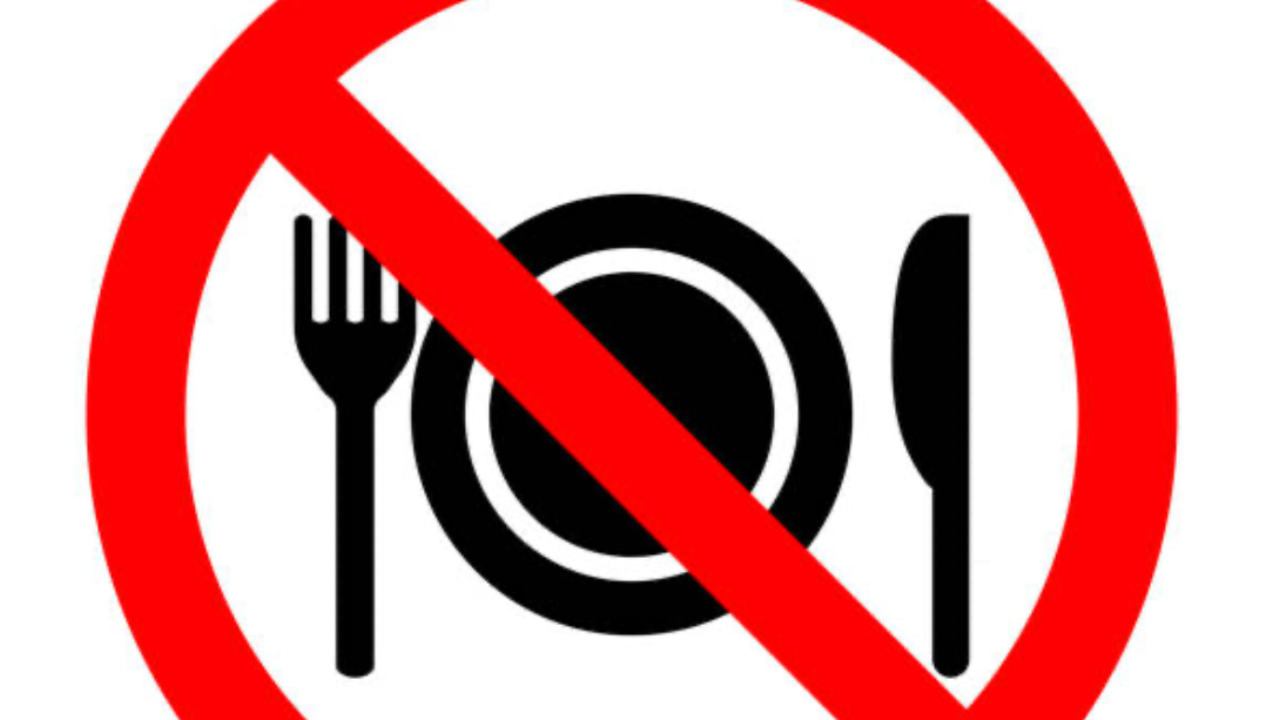Avoid 12 Ingredients in Your Food
Sep 04, 2023
Ensuring the nutritional quality and safety of our food is paramount. Nonetheless, it's concerning that over 10,000 chemicals are permitted for use in food products available in the United States. Some of these chemicals serve as direct additives, like the preservatives known as butylated hydroxyanisole (BHA) and butylated hydroxytoluene (BHT), intentionally incorporated into processed foods. Others fall into the category of indirect additives, such as heavy metals, which taint food items during various stages like processing, storage, and packaging.
Surprisingly, nearly 99 percent of the food chemicals introduced after 2000 were granted approval by food and chemical manufacturers themselves, rather than undergoing thorough scrutiny by the Food and Drug Administration (FDA). Unfortunately, many of these commonly used chemicals have been linked to severe health risks, including heightened chances of cancer, developmental impairments, and disruption of hormonal balance.
These hazardous substances find their way into our diets due to a legal loophole that permits foods to be labeled as "generally recognized as safe." This loophole has been exploited by food and chemical industries for decades, shifting the responsibility of determining the safety of food chemicals from the FDA to the very companies producing these substances. This leaves consumers grappling with uncertainty about what is truly safe for their families.
To address this issue, extensive research has been done to highlight some of the most dangerous food additives out there, and they include:
- Nitrates & nitrites: Used as preservatives in cured meats, these compounds have been linked to stomach, esophageal, brain, and thyroid cancers.
- Potassium bromate: An additive that might cause cancer, often added to flour for packaged baked goods.
- Propyl paraben: Found in pastries and certain tortillas, this preservative can lead to developmental and reproductive harm.
- BHA & BHT: Preservatives present in cured meats and other foods, both of which have been associated with possible human carcinogenicity.
- PFAS: Toxic "forever chemicals" found in food packaging, notorious for seeping into the food and causing cancer, immune issues, and reproductive harm.
- TBHQ: A preservative found in processed foods like Pop-Tarts, believed to negatively impact the immune system and vaccine efficacy.
- Artificial colors: Synthetic food dyes, including Red 3, Red 40, Yellow 5, Yellow 6, Blue 1, Blue 2, and Green 3, can hinder development and induce behavioral problems in children.
- Titanium dioxide: This color additive, commonly used in candy, may harm DNA.
- BVO: Used in sodas to stabilize citrus flavors, brominated vegetable oil (BVO) can cause neurological harm.
- Artificial sweeteners: These additives can disrupt metabolism-regulating hormones and adversely affect weight control.
- Heavy metals: Certain baby foods contain dangerous levels of heavy metals like mercury, lead, cadmium, and arsenic, leading to growth and developmental issues, increased cancer risk, and behavioral and learning challenges. These metals often contaminate food through water and soil pollution.
Taking measures to be aware of and avoid these harmful chemicals can help safeguard our health and well-being in a world where food safety is not always guaranteed.
Interested in our services?
Sign up for a complimentary wellness check up and see if we're a good fit!
Stay connected with news and updates!
Join our mailing list to receive the latest news and updates from our team.
Don't worry, your information will not be shared.
We hate SPAM. We will never sell your information, for any reason.

